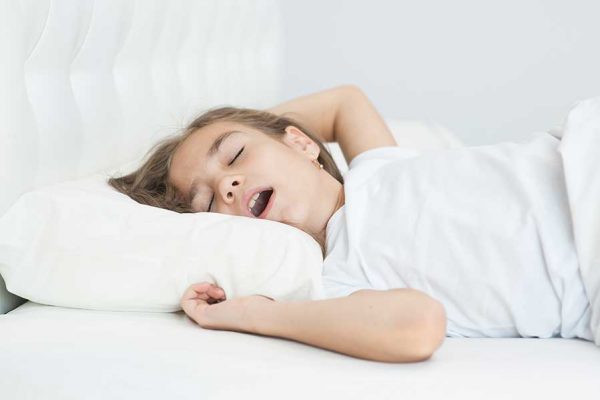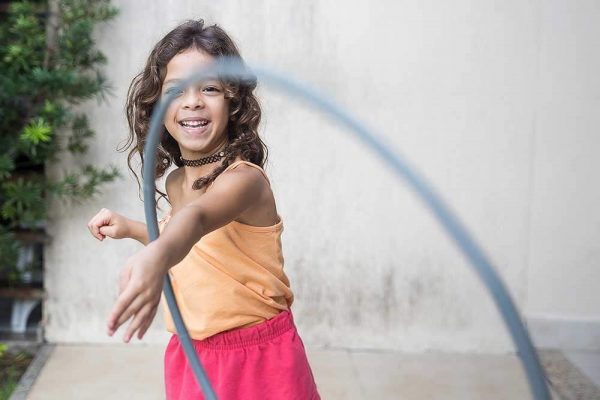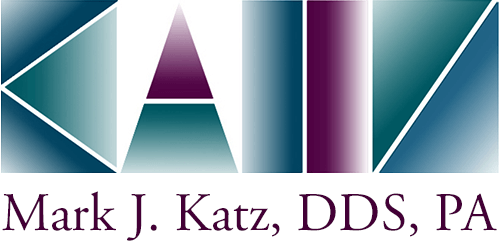
Sleep Disordered Breathing in Children: How to Recognize and Treat It
Childhood sleep apnea, particularly obstructive sleep apnea (OSA), is a common condition in children that interrupts normal breathing during sleep. Research shows that about five percent of children, especially those aged two to six, suffer from sleep apnea. Left untreated, it can lead to long-term health issues such as behavioral problems, academic struggles, and even cardiovascular disease.
If you’re concerned your child may have sleep apnea, Dr. Mark Katz in Greensboro, NC, can help diagnose and treat pediatric sleep apnea. Schedule your consultation at our Greensboro office today by calling (336) 364-8988.
What is Childhood Sleep Apnea?
In children, obstructive sleep apnea (OSA) occurs when the airway becomes partially or fully blocked during sleep, leading to repeated pauses in breathing. These pauses result in fragmented sleep and reduced oxygen levels and may prevent children from reaching deeper stages of sleep crucial for growth and development.


Symptoms of Childhood OSA
Common symptoms of pediatric sleep apnea include:
- Snoring or gasping during sleep
- Daytime fatigue or moodiness
- Poor attention span or hyperactivity
- Bedwetting
- Restless sleep
- Weight gain
- Night sweats
- Mouth breathing
Many children with OSA are often misdiagnosed with ADHD due to similar behavioral symptoms.
Causes of Pediatric Sleep Apnea
Childhood sleep apnea is commonly caused by enlarged tonsils and adenoids obstructing the airway during sleep. Other causes include obesity, certain neuromuscular disorders, or developmental factors like jaw misalignment. Dr. Katz evaluates these structural causes as part of his comprehensive approach to treatment.
Children in the Greensboro area with frequent allergies or respiratory conditions are also at an elevated risk of developing OSA. If your child experiences recurrent nasal congestion, asthma, or sinus infections, they could be more vulnerable.


Diagnosing Childhood Sleep Apnea
Early diagnosis is crucial for managing childhood sleep apnea effectively. Dr. Katz offers advanced diagnostic methods, including:
- Polysomnography (Sleep Study): A comprehensive overnight sleep test to monitor your child’s breathing and brain activity.
- Imaging (X-rays or CT scans): To assess the airway and identify structural causes like enlarged tonsils.
- Physical Exam: To evaluate the mouth, nose, and throat for obstructions.
Treatment for Childhood Sleep Apnea
If sleep apnea is diagnosed, treatment options include:
- Tonsillectomy/Adenoidectomy: Removal of enlarged tonsils or adenoids to improve airflow.
- Oral Appliances: Devices designed to guide jaw development, opening the airway for proper breathing.
- CPAP Therapy: Continuous positive airway pressure (CPAP) to keep the airway open during sleep.
- Weight Management: For overweight children, maintaining a healthy weight can significantly reduce symptoms.


Why Treating Childhood Sleep Apnea Early Matters
If left untreated, sleep apnea in children can lead to severe complications:
- Growth Delays: Disrupted sleep can interfere with hormone release necessary for physical growth.
- Behavioral Problems: Sleep deprivation often results in poor attention span, hyperactivity, and even learning difficulties.
- Cardiovascular Issues: Persistent oxygen deprivation can put stress on the heart, increasing the risk of hypertension later in life.
- Poor Academic Performance: Lack of quality sleep can impair memory, concentration, and overall academic performance.
Preventing Sleep Apnea in Children
Parents and guardians can take preventive steps to reduce the risk of sleep apnea in children:
- Encouraging regular physical activity and maintaining a healthy weight.
- Managing allergies and asthma with proper medications.
- Avoiding exposure to secondhand smoke.

Frequently Asked Questions
Can a child die from sleep apnea?
Is my child at risk of sleep apnea?
Will my child outgrow sleep apnea?
How can treating sleep apnea benefit my child?
Protect Your Child’s Quality Sleep Today!
Don’t let sleep apnea affect your child’s health and development. At our Greensboro office, Dr. Katz can provide the accurate diagnosis and effective treatment your child needs. Call (336) 364-8988 to schedule a consultation. You can also fill out our online contact form. We serve Greensboro and surrounding communities, including Winston-Salem, Whitsett, Summerfield, and Kernersville, NC.
